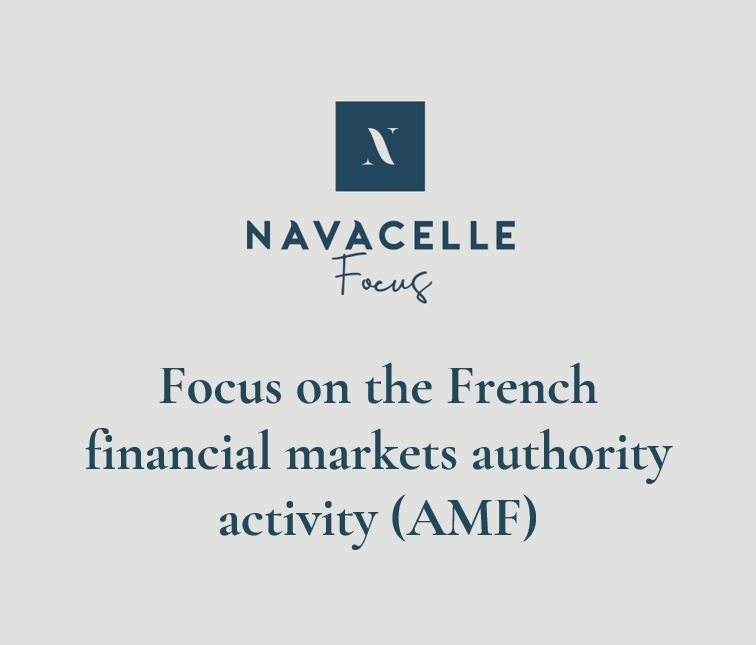The European Union’s Fourth Anti-Money Laundering Directive (the Directive) came into force on 26th June 2015. Its aim was to prevent the use of the Union’s financial system for the purpose of money laundering and terrorist financing. It required European member states to update their respective money laundering laws and “transpose” the new requirements into local law by 26th June 2017.
A key role was given to the principle of risk analysis and adequate safeguards. Among its main elements, the Directive required Member states to carry out a national risk assessment of their exposure to money laundering and terrorist financing and to maintain central registers on the beneficial ownership of corporations, reinforce the rules on Customer Due Diligence, widen the definition of Politically Exposed Persons (PEP) and include tax crimes as a predicate offence for money laundering.
The ordinance n°2016-1635 (the Ordinance) reinforcing the French anti-money laundering and terrorist financing dispositive was passed on December 1st, 2016 to transpose the Directive.
The prerogatives of the French Financial Intelligence Unit (Tracfin) have been widened. Tracfin’s right of communication with other obliged entities has been extended to entities which are not subject to anti-money laundering regulations. As an example, the right of communication now applies to the institution in charge of managing attorneys’ pecuniary settlements (CARPA). The Ordinance also allows Tracfin to transmit collected information to several administrative authorities and to foreign Financial Intelligence Units and reinforces Tracfin’s right to oppose any suspicious transaction not yet executed.
The Ordinance also imposes the obligation on companies and other legal entities to record their ultimate beneficial owners with the Companies Register. This register is notably accessible to Tracfin, customers, tax administration and professionals.
The scope of the anti-money laundering legislation has been widened by the inclusion of payment or virtual money institutions conducting business in France, authorized banking intermediaries, virtual money converting platforms, providers of gambling services (for transactions above €2000), traders of precious commodities accepting large cash payments and crowdfunding intermediaries.
Finally, the ordinance reinforces supervision schemes by imposing new obligations upon companies in terms of internal procedures and by implementing due diligence requirements. The ordinance also reinforces the range of sanctions which can be taken. The ACPR is now allowed to exercise control and take police measures. It may impose pecuniary sanctions (up to €100mn or 10% of the annual turnover). Sanctions may also be taken against individual directors or employees in charge of the anti-money laundering structure.














